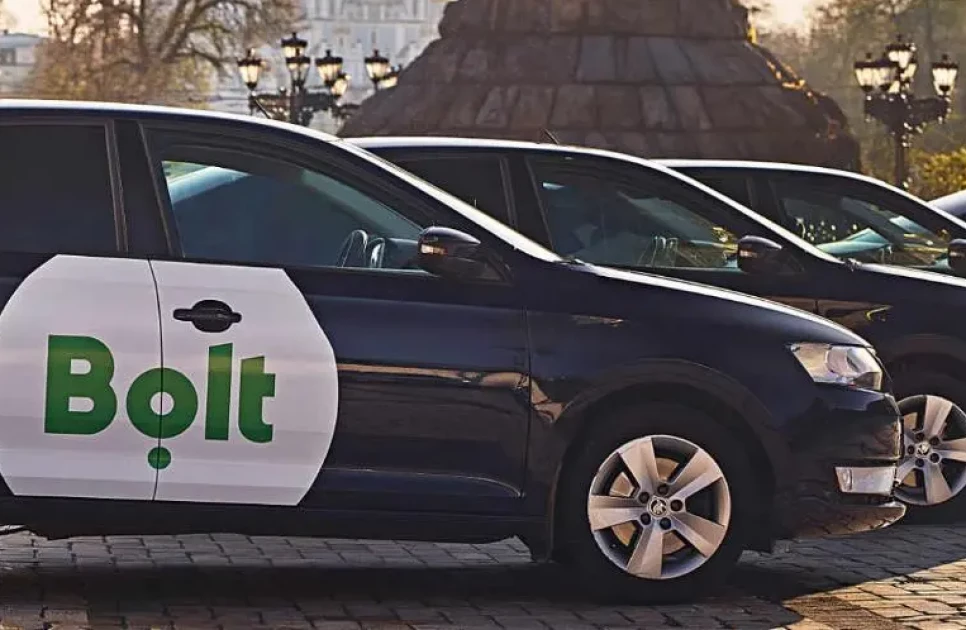Bolt App to automatically issue alert if ride stops abruptly

File image of a vehicle with the Bolt logo.

Audio By Vocalize
Bolt Kenya is gearing up for the launch of a
new safety campaign as part of its continued commitment to enhancing security for
its passengers and drivers.
Linda Ndungu, the General Manager of Bolt
Kenya, shared details of the upcoming initiatives and the company’s broader
efforts to improve the ride-hailing experience in the country.
Ms. Ndungu highlighted Bolt’s existing
measures, which include an SOS button for emergencies, a trip-sharing feature
for passengers, and intensified training for drivers.
She said a trip anomaly detection system has now
also been implemented, allowing the company to monitor trips in real-time and
alert authorities if a journey stops unexpectedly.
Bolt plans to work more
closely with the National Transport and Safety Authority (NTSA) and the
Association of Professional Associations (APA) to maintain high standards of
safety and service quality for its drivers.
“We ask for background
documentation on drivers through the Police Clearance Certificate and
collaborate with both the NTSA and APA to verify that our drivers meet the
necessary safety and professional standards,” Ms. Ndungu explained.
This partnership, she noted,
aims to provide a safe and reliable service for passengers and build trust
within the community.
Bolt Kenya is also taking steps to support
its drivers financially, particularly in the area of vehicle financing.
Ms. Ndungu discussed the company’s
partnership with Haki, which aims to address the high costs faced by drivers
when acquiring vehicles.
“We didn't want to get into an arrangement
that is expensive, so we selected Haki because it has a history of offering
ride-hailing services with a fair interest rate for drivers,” she explained.
The partnership, which Bolt piloted in the
third and fourth quarters of the year, also includes additional financing from the
company to make vehicles more affordable for drivers.
In response to driver concerns about pricing
and earnings, Bolt says it has engaged in numerous roundtable discussions.
“Ultimately, what we focus on is the money
going to the driver’s pocket. A more sustainable approach is looking at the
root cause of what is eating away at the prices,” stated Ms. Ndungu, further
explaining that drivers receive 82% of each fare, while Bolt takes an 18%
commission.
The company also absorbs the cost of
discounts offered to passengers, ensuring drivers are not financially impacted.
The Bolt General Manager said the company considers
several factors when setting fares, including distance, time, vehicle type, and
maintenance costs.
Additionally, the company may adjust fares
when fuel prices rise to maintain fair compensation for drivers.
As part of its commitment to sustainable
transportation, Bolt Kenya is also working with Mkopa to provide electric
motorcycles to its riders in order to reduce operational costs and increase their
earnings.
“Running an electric bike is also cheaper,
and we aim to reduce the upfront cost for our riders to ensure they have more
in their pocket,” Ms. Ndungu added.


Leave a Comment